New Mom Hated Her Cat So Much After Her Baby Was Born That She Stopped Giving It Water & Hoped It Would Die
Other new parents have experienced similar feelings about their pets. However, it does not mean they should neglect them.
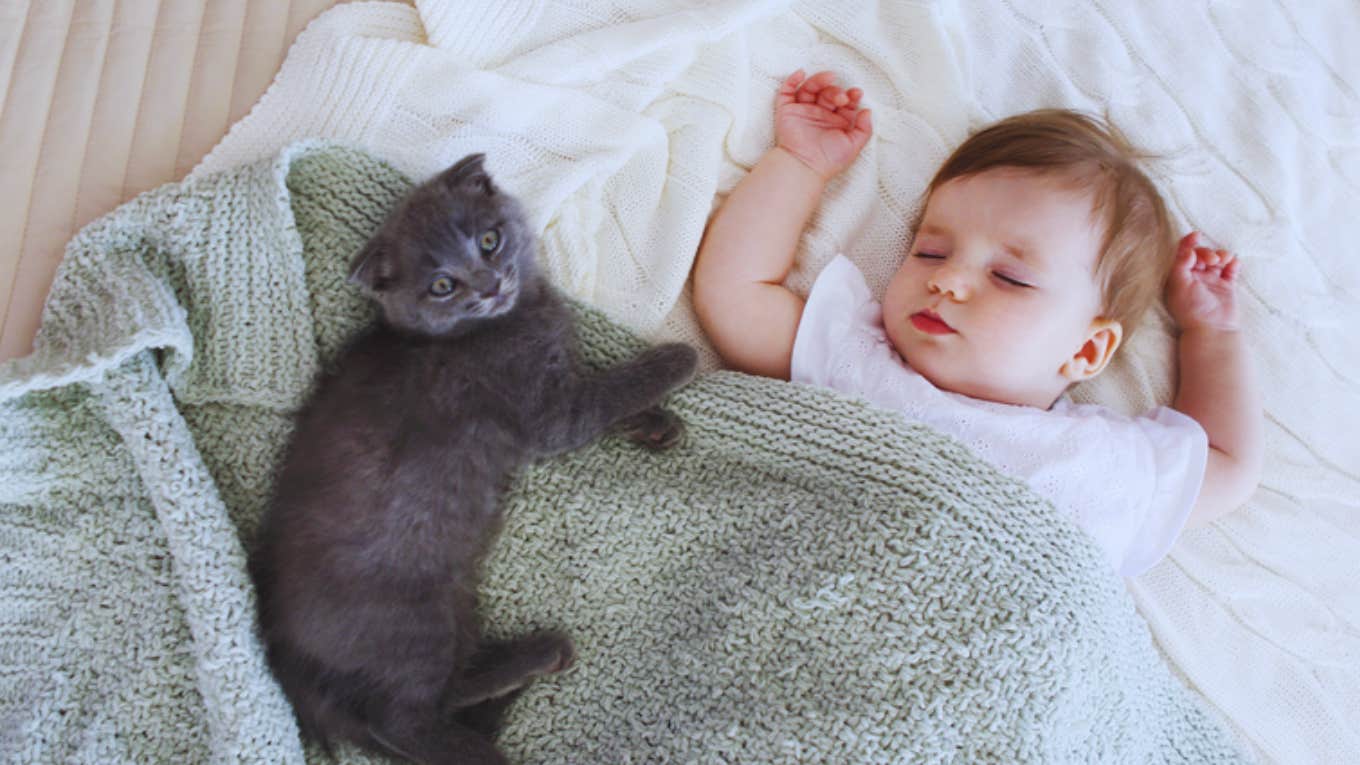 Dasha Petrenko | Shutterstock
Dasha Petrenko | Shutterstock As a new mom sat in the park with her baby, she happened to notice another mom nursing her child while holding her dog on a leash. Suddenly, the dog began to hump her leg, jostling the mom and causing her baby to unlatch.
As the baby wailed, the woman looked her dog in the eyes and told him to “[expletive] off.”
The new mom, watching the scene unfold, claimed that a year ago, she would’ve been alarmed that someone could say such a thing to their pet. Today, she resonated with her fellow mom’s feelings toward her dog.
A new mom confessed that she hated her pet cat after having a baby and even stopped giving her water, hoping she would die.
The mother shared her resentment toward her cat, Lucky, since having a baby in an anonymous piece for The Cut. Looking back, she called getting the cat for her 24-year-old self “an act of selfishness.”
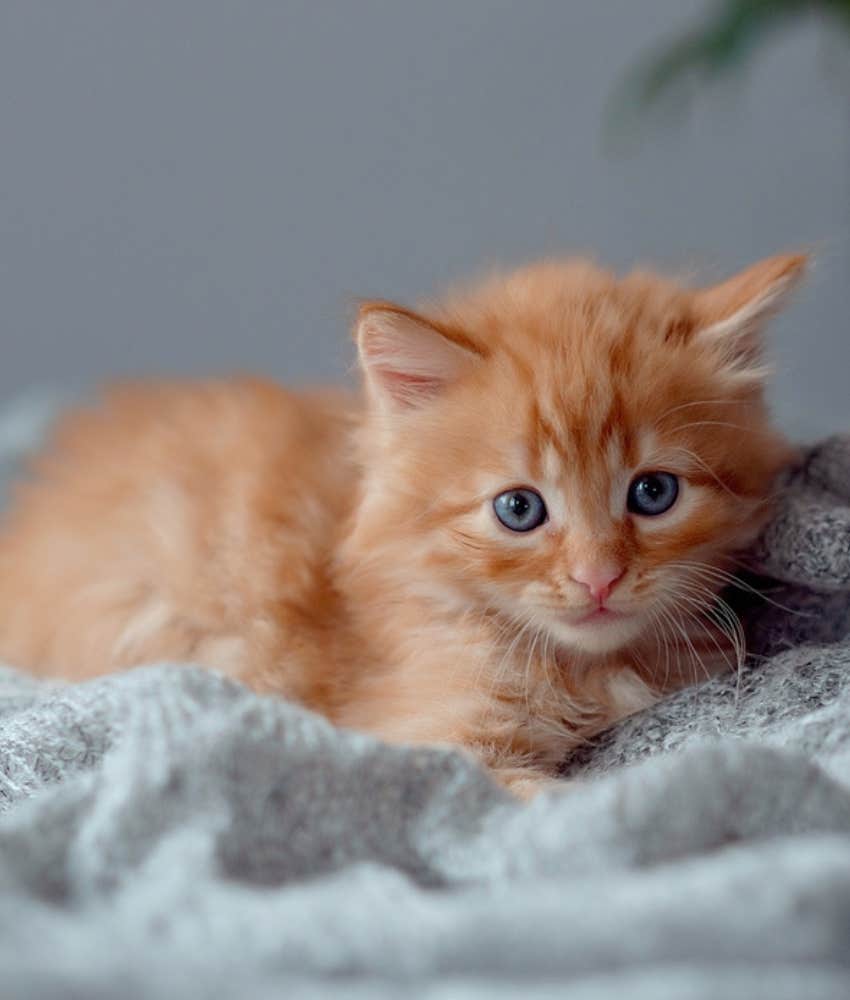 Kokosha Yuliya | Shutterstock
Kokosha Yuliya | Shutterstock
“I was a lonely 24-year-old who craved on-demand love from an adorable creature,” she wrote. However, she eventually came to love her fur baby despite what she called the cat's mere “toleration” for her owner.
“I combed her for hours every week with a miniature kitty comb. I purchased bottles of sustainably harvested fish oil because it promised to prevent heart disease or something,” she shared.
Eventually, the anonymous author entered a different phase of life, and it would never be just her and Lucky anymore.
When she was 30, she got married (which was a difficult transition in itself, given how territorial Lucky was) and, four years later, had her first child.
She never could have predicted how rapidly her love for the cat would fizzle once her son arrived and admitted that she feared her rage toward Lucky was a sign of being a late-onset psychopath.
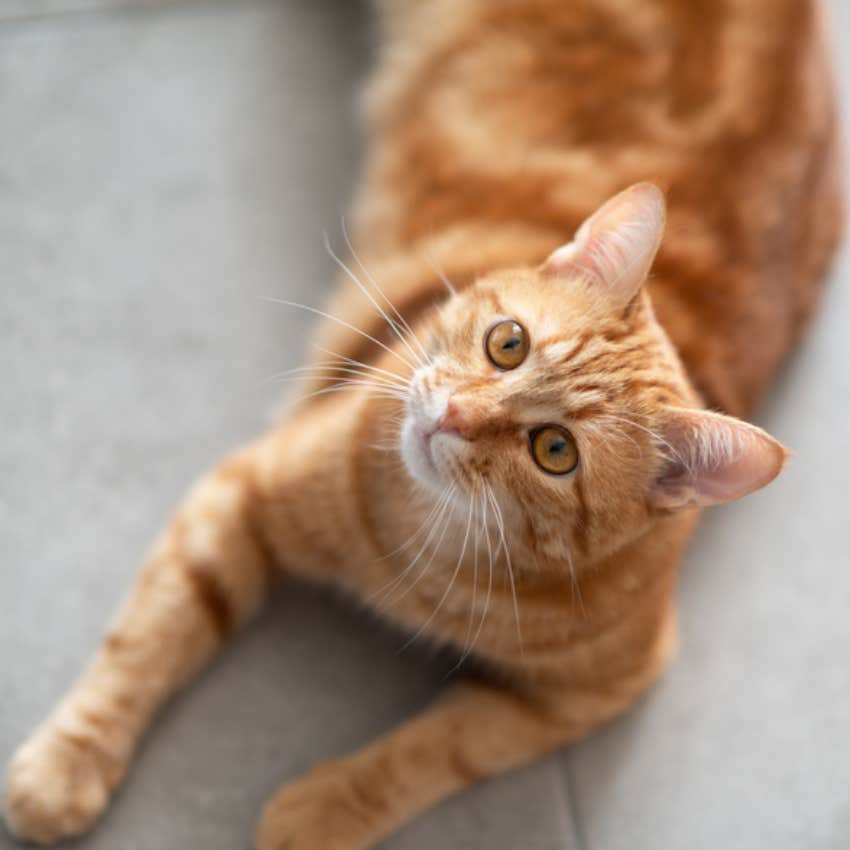 Khorzevska | Shutterstock
Khorzevska | Shutterstock
“If Lucky nuzzled me as I nursed in bed, I shoved her away. When she barfed on a nursing bra, I threw the soiled garment at her head (and missed),” the woman wrote.
“When she threaded through my legs in figure eights during diaper changes, I could barely suppress the urge to — not kick but firmly scoot her away with a foot. (I didn’t, I didn’t.).”
Soon enough, the woman began neglecting Lucky’s basic everyday needs, such as food and water.
“I often forgot to feed Lucky, which caused her to eat houseplants in desperation and puke them up. She shat and urinated on the floor in protest of her overflowing litter box,” the woman shared.
“I forgot to fill her water bowl, which I didn’t realize until I saw paw prints all over the toilet seat — her hydration source of last resort.”
Lucky’s overall health began to decline. She lost teeth, gained a substantial amount of weight from only being fed dry food, and became depressed and constantly skittish, obviously sensing the resentment from her mom, who once loved her more than anything.
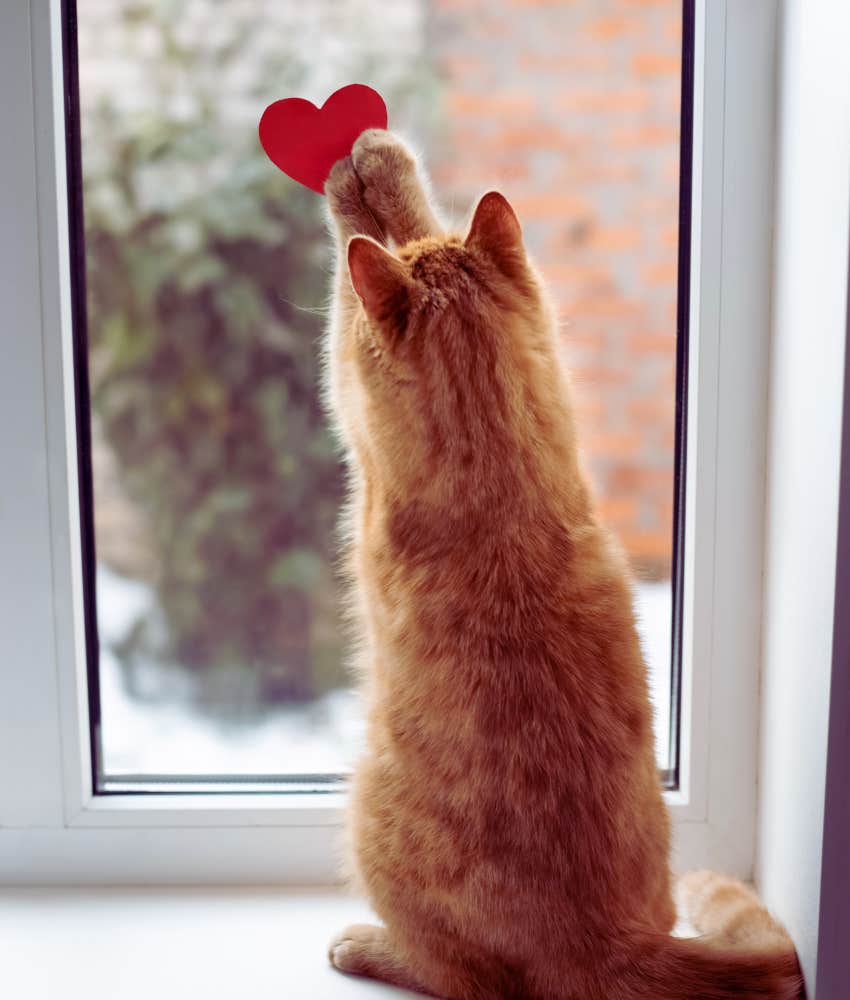 Natalia Semenova | Canva Pro
Natalia Semenova | Canva Pro
“I hated Lucky so much I began to leave our windows open in the vague hope that she would take the initiative and leap out of one,” the woman wrote. “Call it voluntary catslaughter.”
Many of us pet owners who do not have children read the woman’s confession in abject horror. It is easy for us to say we could never imagine ever hating our fur babies even after we have human babies.
However, it is much easier to assume until we have actually been through the experience.
Some parents cannot help but feel resentment toward their pets once they have children.
Our relationships with our pets will completely change after having a baby. There will now be more than one living creature who relies on us for food, water, shelter, and attention.
When you are adjusting to parenthood, it can be difficult to get into a rhythm and dedicate the same amount of time to your pets as you once did. When the baby is hungry, the dog also needs to be fed. When the baby needs a change, the cat also desperately needs a litter box cleaning.
On top of that, new moms are often grappling with the rush of postpartum hormones, which send them into a rage anytime their dog barks too loud or their cat knocks over something with their tails.
It can all quickly become overwhelming, but here's the problem with this woman's story. If she loved her cat so much before having a baby, she would have done the work to prepare Lucky for the new family member. According to the Animal Humane Society, to ensure a safe and happy transition for everyone in the house, you have to start preparing your pet for the changes that inevitably come with a baby's arrival.
Some parents opt to surrender their pets to a shelter or give them away to other family members.
Sadly, overflowing shelters are all too familiar with pregnancy and the birth of a baby being a cause of the over 3.2 million cats that reside in shelters, according to ASPCA statistics. The pets that get rehomed into loving families are few and far between, but they are the lucky ones.
Other resentful owners secretly hope that their pets will die, whether it be in some freak accident they may or may not have plotted or a lack of water or food caused by their neglect.
However, many pet owners and parents who feel this way remain silent out of fear of being judged or even being reported to the authorities.
We all hear about how a new baby may cause you to hate your partner, your in-laws, or even your boss for making you go back to work. We never imagined that new parents could also hate their pets since many of us pet owners perceive them as similar to children.
Pet resentment after a baby arrives may be more common than we think.
It can be easier to understand once we delve into some of the realities of welcoming a new baby with existing pets in the house.
Like new parents, bringing home a new baby is a major adjustment for your animals. They may perceive the new red-faced creature as a threat who is intruding on their territory. They notice how much of their owners’ focus is on the baby — and how none of it seems to be on them.
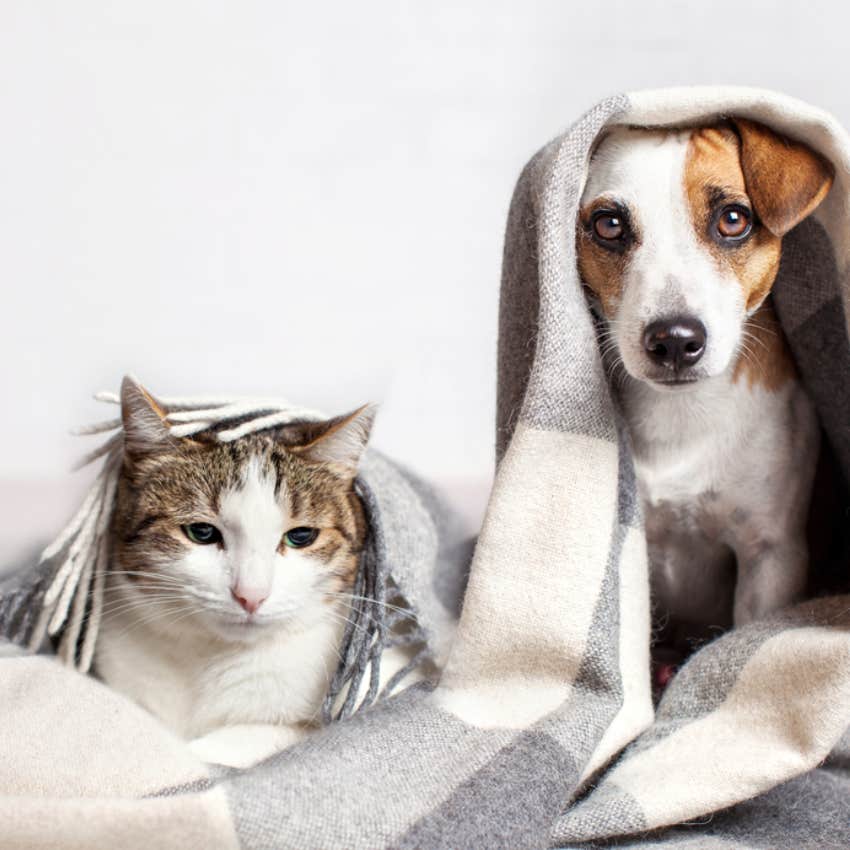 Gladskikh Tatiana | Shutterstock
Gladskikh Tatiana | Shutterstock
"[New parents] think the dog will just willingly accept the new crying human without any type of behavior change," dog trainer Jessica Freedman exclusively told PopSugar.
“For that reason, when a baby is brought home, a pet may act out due to less attention, disrupted routines, or jealousy. This can manifest as behavioral issues, such as excessive barking, chewing, or even accidents inside the house.”
These behaviors can, of course, send a freshly postpartum mother into a fit directed at her pets.
While it can be difficult to empathize with your pets who are misbehaving and destroying your house — especially when you are in the trenches of new parenthood — try to remember that, like you, they are frustrated.
If you are feeling pet resentment as a new parent, try to remember that there was once a time when you looked into your pets' eyes and promised them your unconditional love for the rest of your life.
Parents often tell those who do not have kids that they will never experience a love quite as intense until they have children of their own. However, love is a renewable source, and there is no limit to how much love you can have in a lifetime.
Some parents and pet owners may just love their children and pets the same, even after experiencing a brief irritation and resentment toward them after having a baby.
"Pets are people too, and our families wouldn't be the same without our furry counterparts,” Lindsey Rabaut, the Vice President of Marketing at "I and love and you," a pet food company, disclosed to People in a statement.
"Whether it's a fur or human baby, parenting is one of the toughest jobs there is.”
A survey conducted by the company along with OnePoll consisting of pet owners and parents found that 61% of respondents considered their pets to be their children.
While it can be difficult to settle into life with a new baby while taking care of pets, managing your responsibilities is a part of life, and you will eventually get into a steady routine with your kids and your pets if you put the work in.
If you are struggling with episodes of depression or anxiety or even considering purposefully harming your pets, there is no shame in seeking help from a medical professional.
Just because you feel resentful toward your pets postpartum does not mean you will always feel the same. As you and your pets settle into a new routine, the feelings of love can reappear just as quickly as your feelings of contempt.
And until that feeling returns, the woman, who currently hates her cat Lucky, admitted that she will keep her windows closed.
Megan Quinn is a writer at YourTango who covers entertainment and news, self, love, and relationships.

